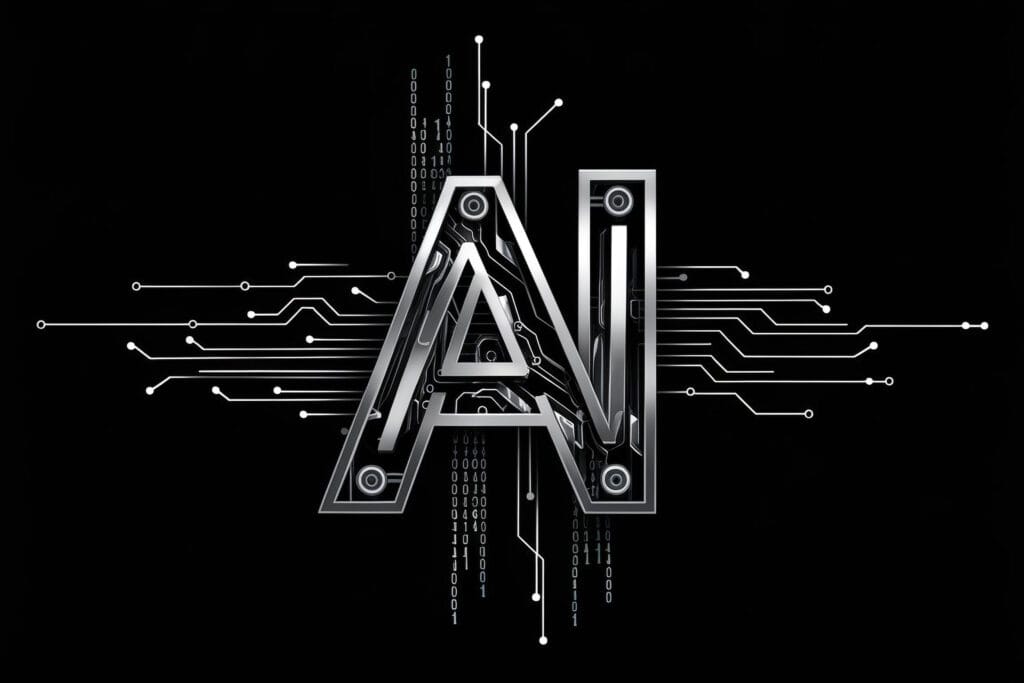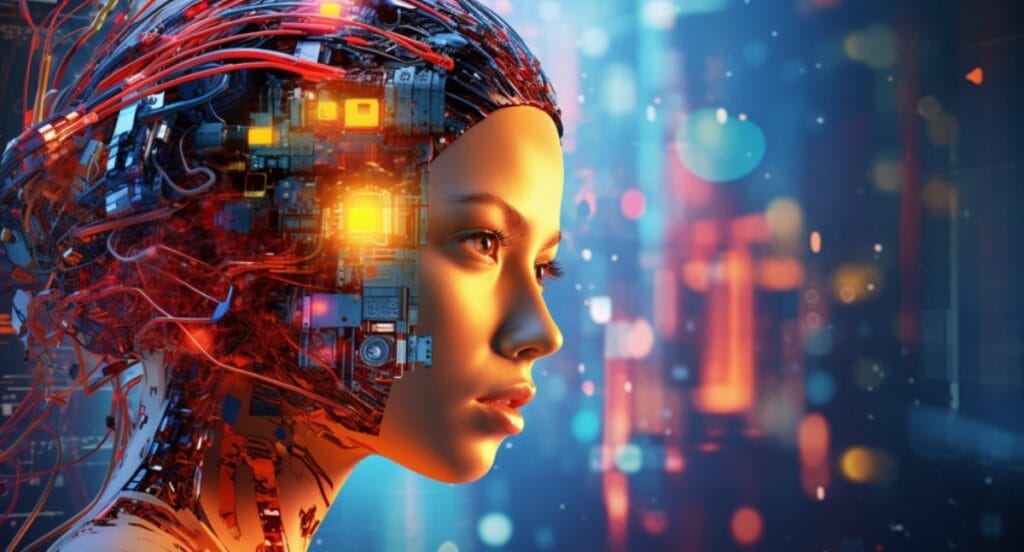Digitalization and Social Transformation
In the age of digitalization, artificial intelligence is penetrating every aspect of our lives and radically shaping the future of humanity. According to M. Castells, technology is society and society cannot be understood and depicted without mentioning technological devices. (Özçetin, 2018, p. 263) Therefore, continuous developments in technologies deeply affect humanity's communication, production and consumption habits, and even change themselves as individuals. It affects the functioning of different sectors and has the potential to lead to radical changes.
Traditional Media and Artificial Intelligence
While the media, one of the biggest ideological devices of the state, has already undergone radical changes during this digitalization, these changes have been carried to different dimensions with artificial intelligence. Robot journalists or algorithmic journalism appear as one of these applications.
For example, the Google-funded project “The Digital News Initiative” focuses on artificial intelligence systems that can communicate with humans. These systems, unlike the artificial intelligence technology used by a typical robot, can constantly filter current and accurate data in the virtual environment and convert it into news format. This feature can be performed automatically without any command. Additionally, these artificial intelligence systems can continuously maintain the news production process without human intervention. (Akgül and Ayer, 2018, p. 2321). If we consider Noam Lemelshtrich Latar's studies in this context, Latar states that this situation will create a competitive environment for journalists and there will be savings in labor costs. He suggested that robot journalists are less likely to miss news and that algorithms programmed without bias may be more successful than human journalists.
As a result, artificial intelligence affects the collective functioning in the media sector and reduces the need for human labor in all processes from production to broadcasting. In addition, it brings with it the concern that elements such as emotion, originality, misinterpretation of ethical and moral values, and the human touch may decrease in media content.

New Media and Artificial Intelligence
With the internet, which has become widespread with the development of technology, media production and consumption is no longer the monopoly of large organizations and has begun to take place through smart devices in the hands of every individual. In this transformation process, artificial intelligence has also played an important role. Artificial intelligence-supported algorithms carry out many processes from content production to distribution and aim to attract the attention of users by offering personalized experiences. However, artificial intelligence also brings with it the security problem of information in the field of media and publishing. For example, deepfake videos can be used as a new tactic of media manipulation. This shows that what is real and what is fake has become indistinguishable in the field of media and publishing. A kind of “more real” reality emerges, created through media, technology, and simulation, as in Baudrillard's concept of hyperreality.
Thanks to artificial intelligence, people have created artificial people on social networks and even organized artificial beauty contests for these artificial people. Emel Uzun Yedekci, who examines the gender phenomenon through technology, emphasizes that engineering is mostly developed by middle-class, white men, and argues that technological inventions are designed with the stereotypes of the mentioned class, which sees itself as privileged. This is actually the underlying reason why artificial women are created and competed in an artificial environment, and it is not possible to expect artificial intelligence technologies to suddenly change gender stereotypes.
Artificial Intelligence and Social Dynamics
As a result, it is possible to say that artificial intelligence technologies play an active role not only in technical developments but also in reshaping social dynamics. In this process, it is important to consider the responsibilities that technology brings, as well as the benefits it provides to humanity. Being able to read the algorithms that make up artificial intelligence applications is of great importance both in the development of these technologies and in becoming conscious media consumers with awareness of their effects.
The relationship between artificial intelligence and media will deepen in the future, and this technological transformation process will present new opportunities and challenges for both media producers and consumers. Education systems should prepare individuals for this new era by increasing media literacy and create awareness that includes the ethical and social dimensions of artificial intelligence technologies. While artificial intelligence has the potential to create a more fair and equitable media environment that can make the voices of different segments of society heard, it is vital that the human factor is not completely excluded in this process and ethical and moral values are protected.
In this period when technology is rapidly advancing, understanding the role and effects of artificial intelligence in the media sector is essential to raise more conscious and responsible individuals of the future. While evaluating the opportunities offered by artificial intelligence, not ignoring social and human values will enable humanity to move towards a sustainable future in the digitalizing world.




